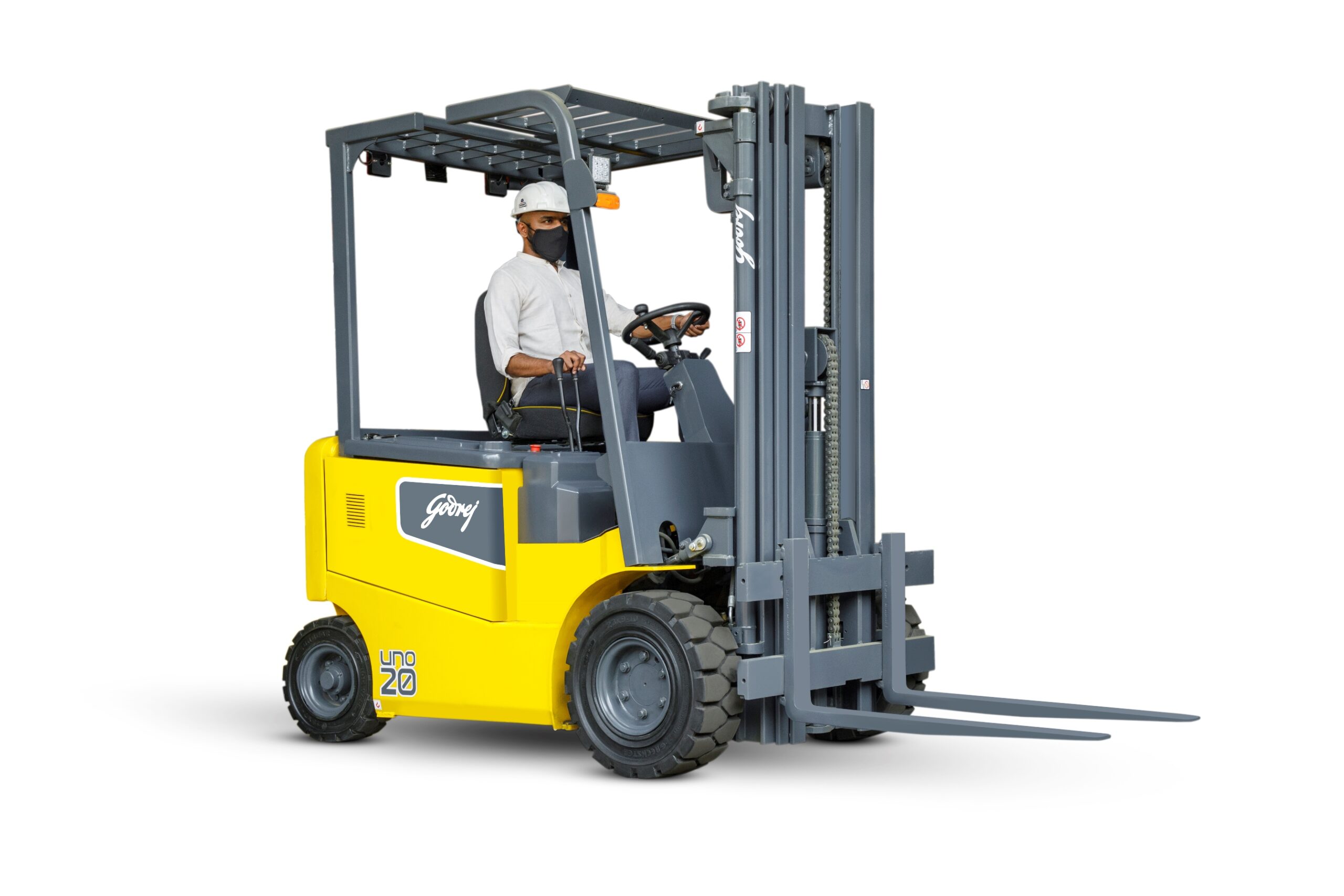
A recent study conducted on Fuel loyalists (Consumers who regularly spend on fuel for passenger vehicles, over the last 2 years), shows that the pandemic has fuelled the need for personal mobility and a positive bias to own a vehicle. This was revealed in a consumer mobility study conducted jointly by India’s largest multi-brand loyalty program, PAYBACK and its digital research partner, Unomer.
The study examined the sentiments and outlook of around 1,000 respondents to ascertain whether they were considering buying an automobile in the festive season, and if so, their preferences. The respondents were chosen basis their fuel purchase behavior in the past 2 years, in the age group of 25 to 50 years across 12 cities including all Metros and Tier 1 cities, with varying income thresholds. Their responses on consideration to purchase, could be for upgrading their current vehicle or an additional one for a family member.
The study shows that nearly 30% respondents from South & North India are considering buying a new/second-hand vehicle this festive season. Across the regions, Western India shows the lowest preference with two-third respondents having no plans to purchase a vehicle this year.
Positive bias for purchase is coming primarily from 2 key factors – First is Personal mobility (for work or personal use owing to safety or an additional vehicle for a family member) and the second is deals (discount / lower cost of ownership) and the preference is equally split between the two. Amongst Female fuel loyalists, personal mobility comes out as the foremost criteria, especially from South India, whereas in East India – Deals & Discounts remain the top priority. It is also understood that the availability of public transport has been low, apart from the fact that it may not be easy to maintain social distancing.
Amongst vehicle categories, SUV/Compact SUV happens to be the most popular choice in the four-wheeler segment with one-third consumers opting for the same, followed by sedans (21%) and hatchbacks (18%), across age-groups and incomes. In the two-wheeler segment, motorcycles were the top choice at 25% preference, ahead of Scooters or Scooty.
Further, post-Covid there is a growing preference for sustainable choices and the same is reflected in the strengthened voice for green fuel, as the survey states more than 10% show preference for EV/electric-powered vehicles instead of CNG (4%), as the future alternate to petrol. With female vehicle ownership increasing, there is a rising demand for 2-wheeler EVs on roads and East India leads the same with close to one-fifth voting for EV as one of their top choices.
Brand preference is dominated by Indian auto brands with over 60% respondents across India showing such preference. Apart from Indian automakers, Japanese (38%) & South Korean (28%) automakers are the popular choices among international brands, while European (6%) and Chinese automakers (4%) did not find as many takers.
Giving a perspective on this consumer mobility survey, Mr. Ramakant Khandelwal, CMO, PAYBACK India, says, “Our recent consumer studies are geared to study the sentiments of Loyal customers across categories, to enable brands to hone their marketing strategies. Our integrated digital platform helps brands in driving conversations with their users for promotions, engagement or even research & insights. This is our second study in which we have covered yet another key consumer category – Automobiles, following the previous study on Travel, both seeing a sort of resurgence. The output can be further validated by trends on-ground. We will continue to share such insights in the coming days.”
Also sharing his thoughts on the survey, Vinay Bapna, CEO, Unomer, said “The ability to reach and engage relevant consumers by combining PAYBACK’s large base of loyal consumers and Unomer technical and research expertise is a powerful capability that brands can leverage for data-driven decision making. The current survey shows some of the key emerging trends in the automobile segment like preference for local manufacturing, lifestyle aspiration of SUV ownership, and environmental consciousness driven choice of electric vehicles and these can have a direct impact on marketing and product strategies for car manufacturers.”



